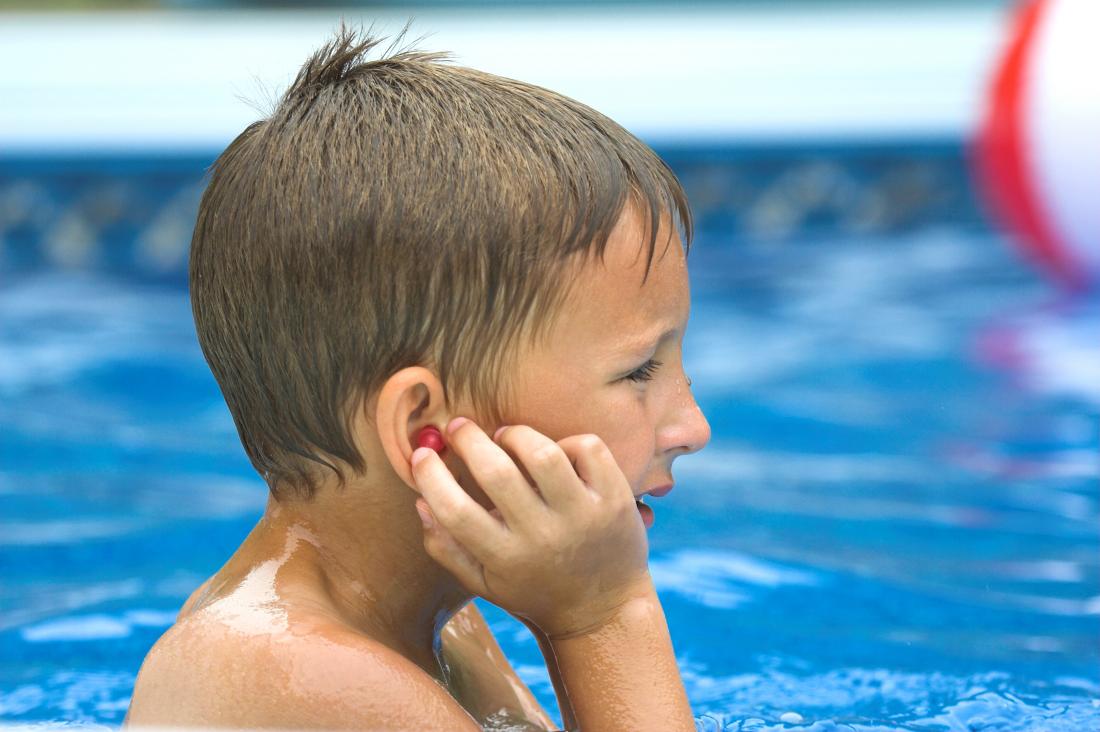Is It Safe To Swim With An Ear Infection?
Swimming with an ear infection can be safe for some people. Still, if you have a perforated eardrum and swim underwater, there is a severe risk of bacteria entering your inner ear canal. An ear infection occurs when an overabundance of bacteria blocks the auditory tube that sends fluid into the middle and outer ear (known as the tympanic membrane) to protect it from the air. As this fluid builds up, the surrounding tissues inflate, affecting the ear canal.
Is it safe to swim with an ear infection? If you have a perforated eardrum or swim underwater, there is a risk of bacteria entering your inner ear canal. An ear infection occurs when an overabundance of bacteria blocks the auditory tube that sends fluid into the middle and outer ear.

Can you swim with an ear infection?
Yes, you can swim with an ear infection. It’s recommended that you keep swimming to help the healing process. Just remember to clean your ears after each swim.
In most cases, drinking extra water will help you feel better, and it will also keep your kidneys healthy. However, some doctors recommend limiting your intake of fluids if you have a kidney condition or heart failure since this can worsen your situation.
Can you swim with an ear infection while on antibiotics?
Can you swim while on antibiotics for an ear infection? Many people wonder if it is safe to swim with an ear infection. The answer is that it depends on the type of antibiotic you are taking. Some antibiotics, such as erythromycin, can be taken while swimming.
The thing you should keep on your Mind
- Can I swim with an ear infection?
- How do I know if I have an ear infection?
- What are the symptoms of an ear infection?
- How do I treat an ear infection?
- How can I prevent an ear infection?
- What should I do if my child has an ear infection?
- Can ear infections cause other health problems?
Is it dangerous to swim with an ear infection?
There is no evidence that swimming with an ear infection is dangerous. Swimming is often recommended as a way to help clear the infection. – Swimming pool water should be checked regularly for fecal contamination and chlorination.
– If you have had diarrhea, avoid swimming in pools or public spas until 48 hours after symptoms have stopped.
– Regularly cleanse your children’s bath toys with bleach to reduce the risk of spreading infection.
– Avoid drinking water from streams and rivers that animals may contaminate.
Can a child swim with an ear infection?
There is no definitive answer to this question as every child is different. However, it is usually recommended that a child with an ear infection avoid swimming. What are ear infections?
Ear infections are pretty common in children, ranging from mild to severe. If a child has developed an ear infection, they must receive medical attention as soon as possible.
What are the symptoms of an ear infection?
Ear infections are caused by a bacterial or viral infection and are the most common illness in children. Symptoms include fever, drainage from the ear, and pain. Allergic Reactions
Hearing loss is not the only possible reaction to an insect bite. An allergic reaction may cause ear infections and secondary bacterial infections. This can lead to more severe complications, such as meningitis. To avoid this, avoid scratching the bite or rubbing your ears.
Ear Infections
Insect bites in the ear can lead to infections. This happens most often if you scratch at the edge.
Can you swim with an ear infection and earplugs?
Can you swim while wearing earplugs to protect your ears from infection? You can swim with earplugs, but you should not swim with an ear infection. Earplugs can help protect your ears from water pressure, but they do not protect against germs in the water.
You can swim with earplugs, but you should not swim with an ear infection. Earplugs can help protect your ears from water pressure, but they do not protect against germs in the water.
Conclusion
I swam with an ear infection, and it was not fun. The water irritated my ear, and it was tough to keep my head above water. I would not recommend swimming with an ear infection.





















